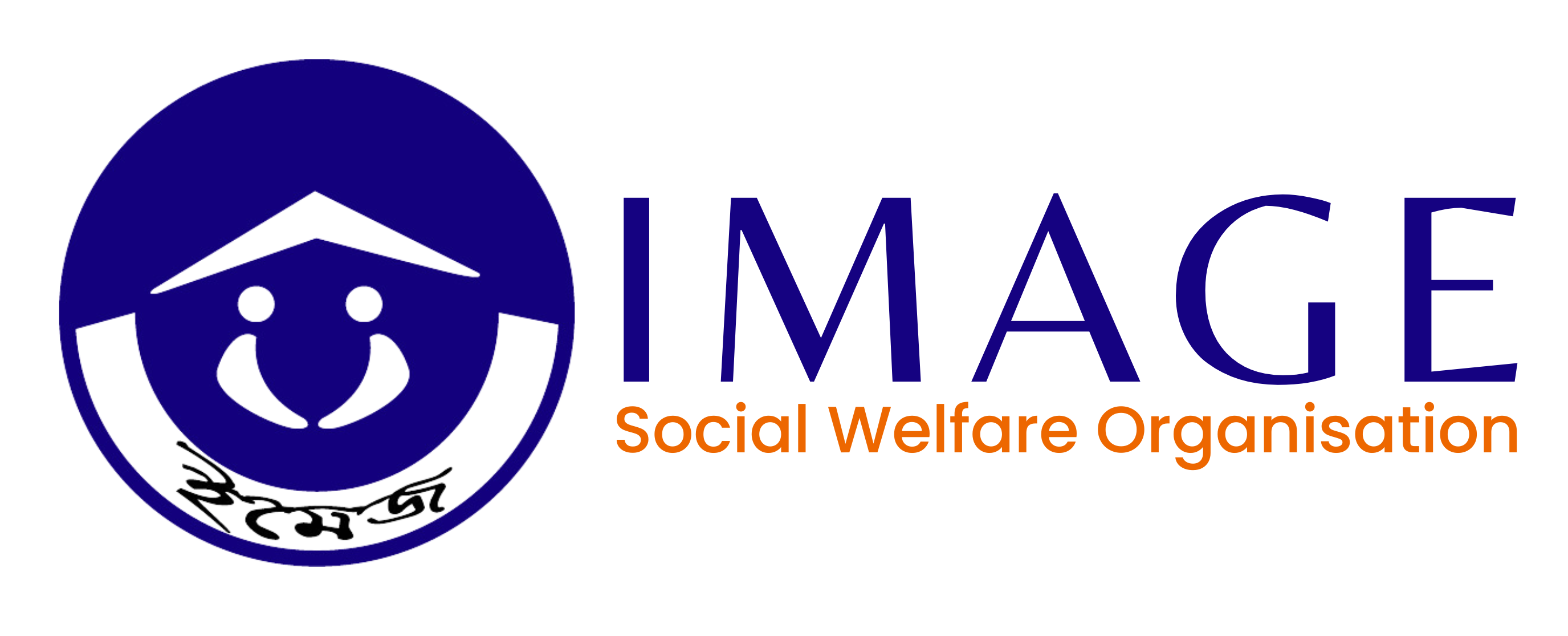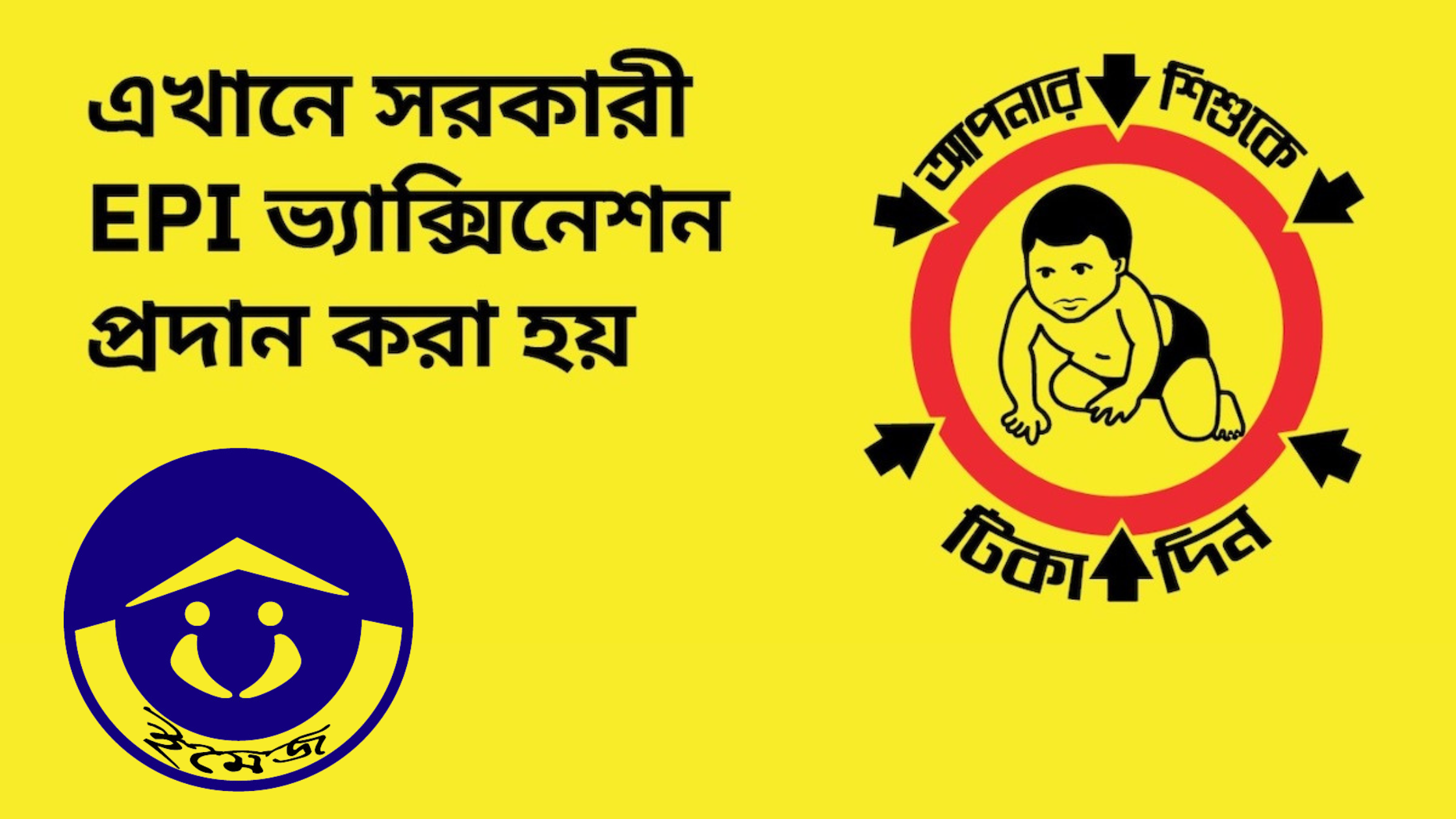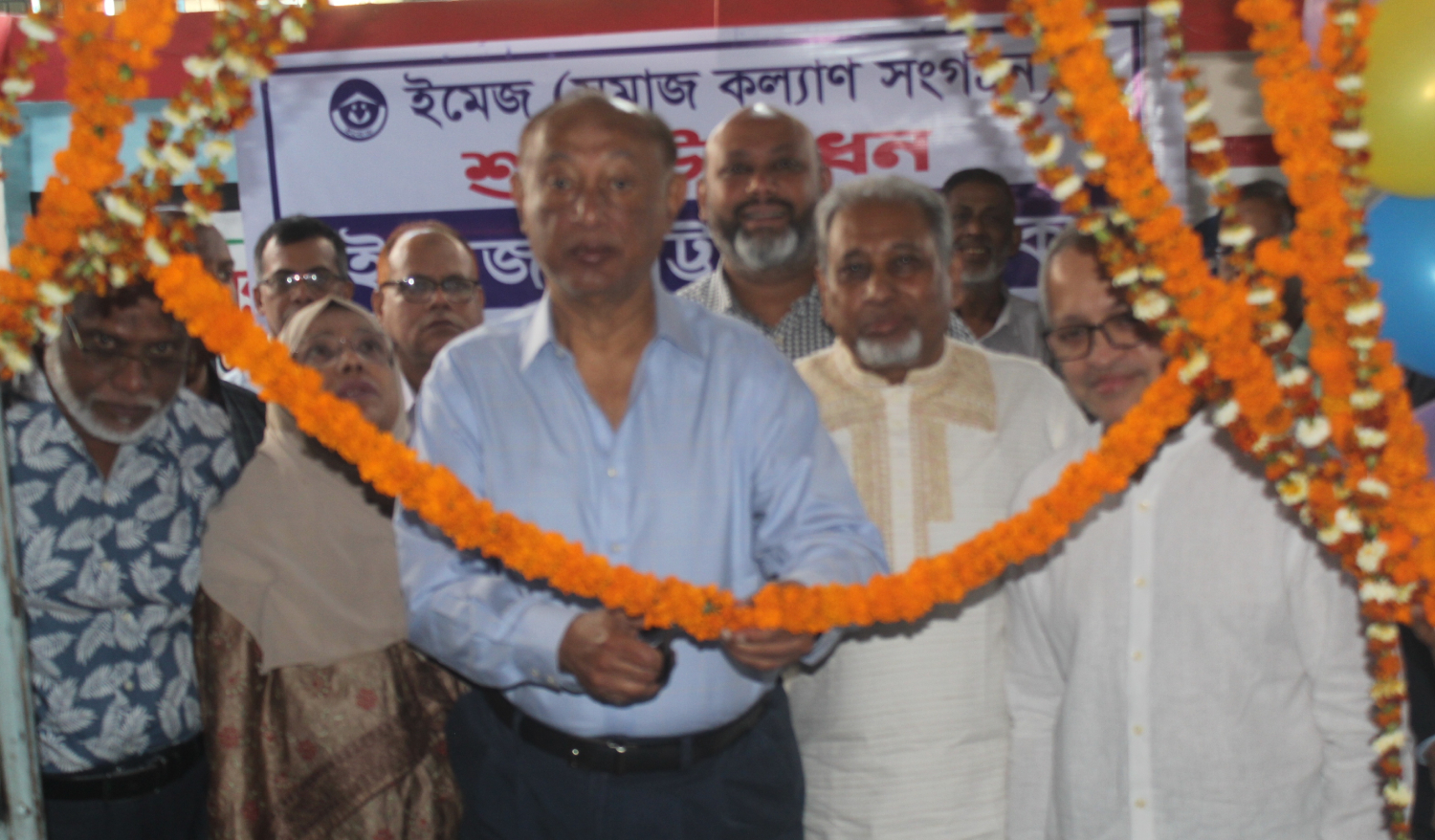The Critical Role of Immunization in Child Health
Immunization is one of the most significant medical interventions in history, credited with protecting millions from devastating and deadly diseases. The effectiveness of vaccines has led to the eradication or management of once-feared diseases. However, new diseases continue to emerge, highlighting the ongoing necessity of immunization to safeguard children’s health.
Five Reasons Why Immunization is Crucial
1. Immunization Saves Lives
Modern vaccines protect children from a wide variety of dangerous and fatal diseases. Successful immunization campaigns have eradicated historically prevalent diseases like smallpox in various countries.
2. Immunization Protects the Next Generation
By eliminating diseases such as polio, current and future generations are spared from these debilitating conditions. Vaccines also prevent diseases like rubella from passing from mothers to their unborn children, ensuring healthier future generations.
3. Immunization Can Help Save Money
In many countries, including Bangladesh, supporting a family member suffering from a preventable disease can be financially devastating. Timely vaccinations prevent these diseases, thereby avoiding significant medical costs and financial instability for families.
4.Preventing Disabilities
Timely immunization can prevent various disabilities in children. For example, polio can cause paralysis, and measles can lead to blindness, deafness, and mental disabilities. Vaccines significantly reduce the incidence of these diseases, protecting children’s long-term health and abilities.
5. Protecting Family and Friends
Many vaccine-preventable diseases are communicable. Vaccinating not only protects the individual but also prevents the spread of diseases to vulnerable family members and the community. This collective immunity is crucial in preventing outbreaks.
Progress in Bangladesh
Bangladesh has made remarkable strides in the elimination and control of Vaccine Preventable Diseases (VPDs). The country’s robust immunization efforts have led to significant public health achievements. Bangladesh has been polio-free since 2006, a major milestone that showcases the effectiveness of its vaccination campaigns. This success means that no cases of wild poliovirus have been detected in the country for over a decade, underscoring the importance of sustained immunization efforts (World Health Organization). Additionally, the elimination of maternal and neonatal tetanus in 2008 marked another critical victory in the fight against preventable diseases. This achievement ensures that newborns and mothers are no longer at risk of tetanus infections during childbirth, a significant step towards improving maternal and child health outcomes (World Health Organization). Furthermore, in 2018, Bangladesh achieved control over rubella, a contagious viral infection that can cause severe birth defects if contracted by pregnant women. This control has been pivotal in protecting future generations from congenital rubella syndrome (World Health Organization).
Despite these impressive accomplishments and maintaining high routine immunization coverage, challenges remain in reaching high-risk and hard-to-reach areas. These regions often have limited access to healthcare services, making it difficult to ensure that every child receives the necessary vaccines. Addressing these challenges requires targeted strategies and resources to ensure that no child is left behind in the fight against VPDs (World Health Organization).
The Expanded Program on Immunization (EPI)
The Expanded Program on Immunization (EPI), launched by the World Health Organization (WHO), is a global initiative aimed at ensuring all children receive life-saving vaccines. This program has been instrumental in improving immunization rates and reducing the incidence of vaccine-preventable diseases worldwide. In Bangladesh, the EPI has played a crucial role in expanding the country’s immunization efforts and introducing new vaccines to the national schedule (World Health Organization).
Since its inception, Bangladesh has introduced several new vaccines under the EPI framework. Hepatitis B vaccine was added in 2003 to protect against liver infections that can lead to chronic liver disease and cancer. In 2009, the Haemophilus influenzae type b (Hib) vaccine was introduced to prevent severe bacterial infections, including meningitis and pneumonia. The rubella vaccine was added in 2012 to protect against the rubella virus, which can cause serious complications during pregnancy (World Health Organization). More recently, in 2015, the pneumococcal conjugate vaccine (PCV) and inactivated polio vaccine (IPV) were introduced to protect against pneumococcal diseases, which include pneumonia, meningitis, and sepsis, and to bolster polio eradication efforts, respectively (World Health Organization).
The EPI program in Bangladesh prioritizes improving immunization coverage in urban, hard-to-reach, and high-risk areas. This focus is essential for eliminating measles and rubella, maintaining the polio-free status, and controlling other VPDs such as diphtheria, typhoid, and cholera. By targeting these areas, the EPI program aims to reduce disparities in vaccine access and ensure that all children, regardless of their location or socioeconomic status, receive the full benefits of immunization (World Health Organization).
Impact of IMAGE on Immunization in Chattogram
Through our steadfast commitment to comprehensive immunization services, IMAGE has made a profound impact on immunization coverage and public health outcomes in Chattogram. It is important to note that our success is not solely attributable to IMAGE but is the result of a unified effort involving other institutions as well. However, our collective contributions have significantly advanced immunization efforts in Chattogram. Here’s how our efforts, in collaboration with other institutions, have translated into tangible benefits for the community:
- Increased Vaccination Rates: Since our inception, we have contributed to a significant rise in vaccination rates among children in Chattogram. From a baseline of approximately 2% vaccine coverage in 1985, our collective efforts have propelled vaccination coverage to an impressive 82.5% by 2015 in Bangladesh (Rahman, 2020). More children are now receiving timely and complete immunizations, bolstering their immunity against vaccine-preventable diseases.
- Reduced Incidence of Vaccine-Preventable Diseases: Our proactive approach to immunization, in collaboration with other institutions, including supplementary immunization activities during outbreaks, has yielded remarkable results in Chattogram. Instances of diseases like polio, measles, and diphtheria have seen a sharp decline, thanks to our concerted efforts. Chattogram now stands as a healthier community with fewer reported cases of vaccine-preventable diseases.
- Enhanced Public Awareness and Acceptance of Vaccines: Through our joint education and advocacy efforts, we have successfully fostered greater awareness and acceptance of vaccines among the community. Our outreach programs, community meetings, and media campaigns, in collaboration with other institutions, have empowered parents with essential knowledge about the importance of immunization. As a result, there has been a notable increase in community participation in immunization programs, reflecting a growing trust in vaccines as a safeguard for children’s health.
Conclusion
In conclusion, the impact of immunization efforts in Chattogram is the result of a collective endeavor involving multiple institutions, including IMAGE. Our collaborative efforts have yielded remarkable outcomes, with vaccination coverage soaring from 2% to 82.5% over the years in Bangladesh, coupled with a substantial decline in the incidence of vaccine-preventable diseases. As we continue our joint mission to ensure that every child has access to life-saving vaccines and healthcare, we remain committed to building a healthier and more resilient community in Chattogram, one immunization at a time.
References
- World Health Organization. (n.d.). Immunization. Retrieved from WHO Bangladesh.
- National Immunization Program, Ministry of Health and Family Welfare, Bangladesh. (2013). National Immunization Policy. Retrieved from National Immunization Policy Bangladesh 2013.
- Rahman, Md Saifur. (2020, April 28). Expanded Program on Immunization (EPI) Role in Bangladesh.







